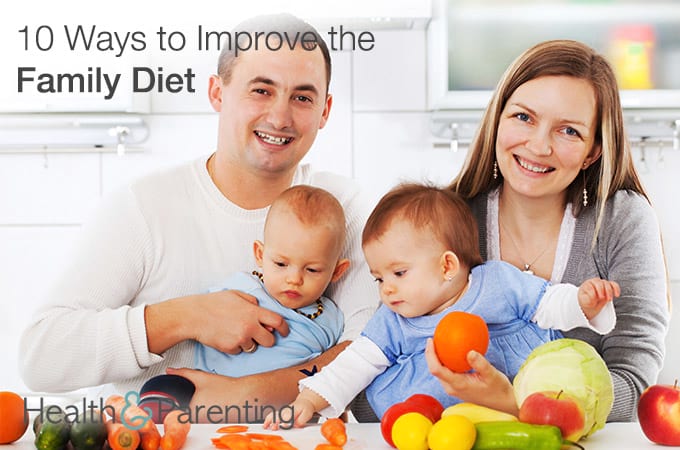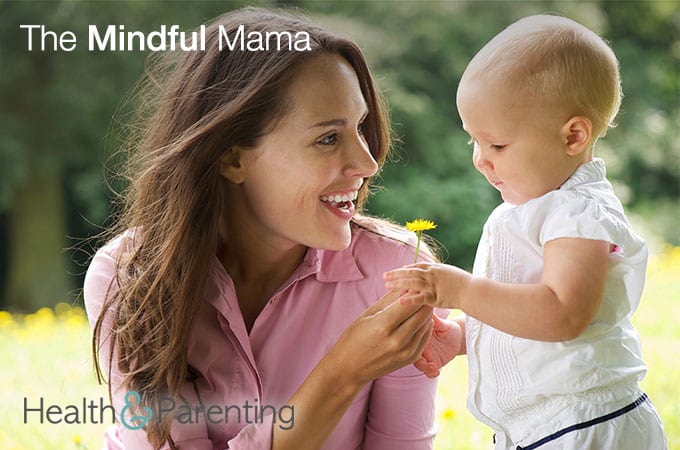When you’re pregnant, it seems like so much of your planning is for the birth. But have you though about what comes next? What do you need to plan for parenting. You’ve stoked up on diapers, you’ve decorated the nursery, you’ve washed all the baby clothes and assembled the crib. But what else might you need?
Consider downloading the Health & Parenting Baby+ App. Sometimes those early days are all a blur – the feedings, diapering, self-care (the brief moments you have for that!), sleep deprivation. The Baby+ App can help you keep track of it all.
Feedings: Newborns eat often. And while you think you’ll remember when baby ate last, you may find yourself thinking “was that the last feeding? Maybe that was yesterday?” Whether you’re breastfeeding or bottle-feeding, you can note the time and amount of the last meal for your baby. And when your baby is ready for solids, there’s space for that, too.
Diaper changes: Diaper changes are as frequent as feedings, if not more so! If you’re tracking the number of wet and dirty diapers each day to be sure your baby is getting enough to eat, the App is a convenient place to note it.
Sleep: Along with lots of diapers and feedings, babies sleep plenty. It’s just not consolidated into one long stretch like most adults. Is your baby sleeping regularly? When was his last nap? How long was it? Is he sleeping too long and missing feedings? How many times did he wake last night? The App allows you to note all this so you can look back when you’re not so sleep deprived! The sleep chart gives you a quick snapshot of when your baby is typically sleeping – so it’s easy to know when you can run to the store without interrupting a regular naptime!
Development: First smiles, rolling, sitting, holding a toy, babbling then talking … so many changes happen so fast. The App’s convenient timelines give you an idea of what to expect each week. And the daily guides will provide even more details about what to expect each week of your baby’s first year.
First smiles: The Face-a-Day feature allows you to take a picture of your baby each and every day, while the diary and memories are a baby book at your fingertips!
Other features include:
- a white noise generator and a collection of lullabies – in case you’ve got a baby who won’t settle into sleep and you need a little extra help,
- breastfeeding tips and videos,
- logs for vaccinations, medications and doctor visits, and
- tips for your own postpartum recovery.
The App is designed to continue where the Pregnacny+ App left off – at the birth of your new baby. You can continue to track baby’s progress up to his first birthday. The App can be used for more than one child – giving you a handy place to check how often your firstborn fed when you’re trying to figure out if your second born is eating often enough.
Have you tried the Health & Parenting Baby+ App yet? What are your favorite features?
Written by Michelle, writer, editor, childbirth educator, lactation consultant, and mother to 4 busy kids.
This information is not intended to replace the advice of a trained medical doctor. Health & Parenting Ltd disclaims any liability for the decisions you make based on this information, which is provided to you on a general information basis only and not as a substitute for personalized medical advice. All contents copyright © Health & Parenting Ltd 2017. All rights reserved.

















